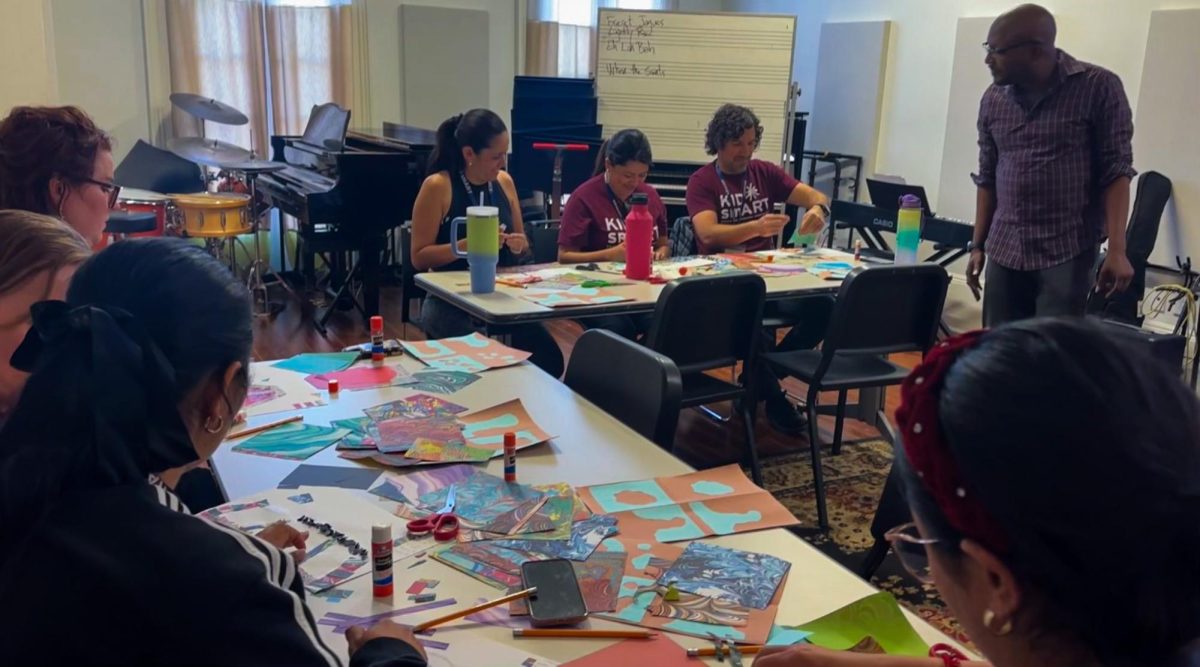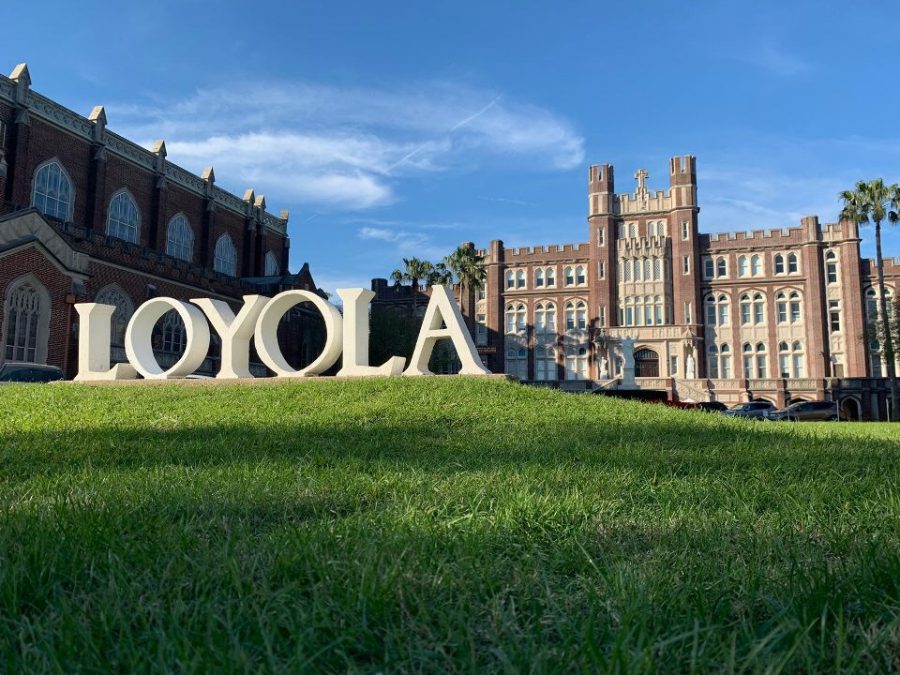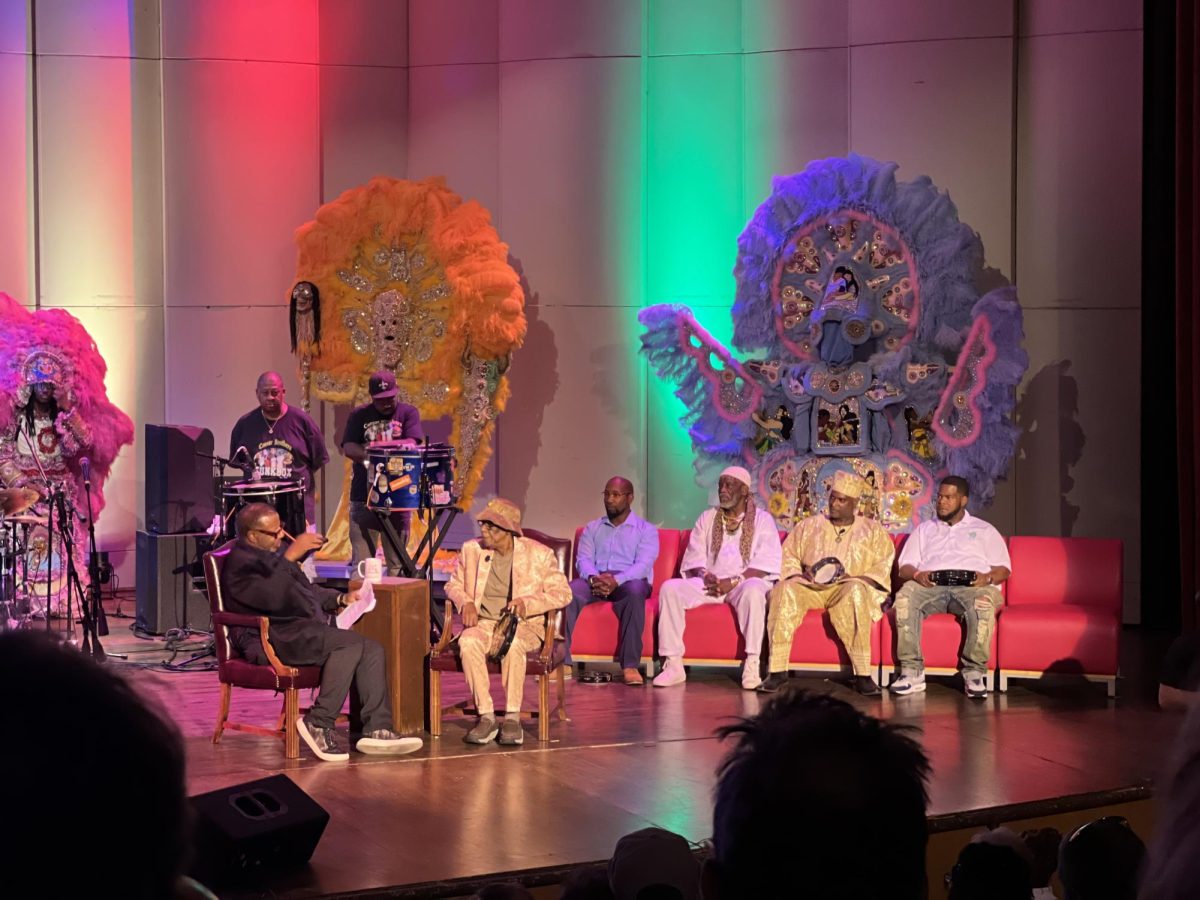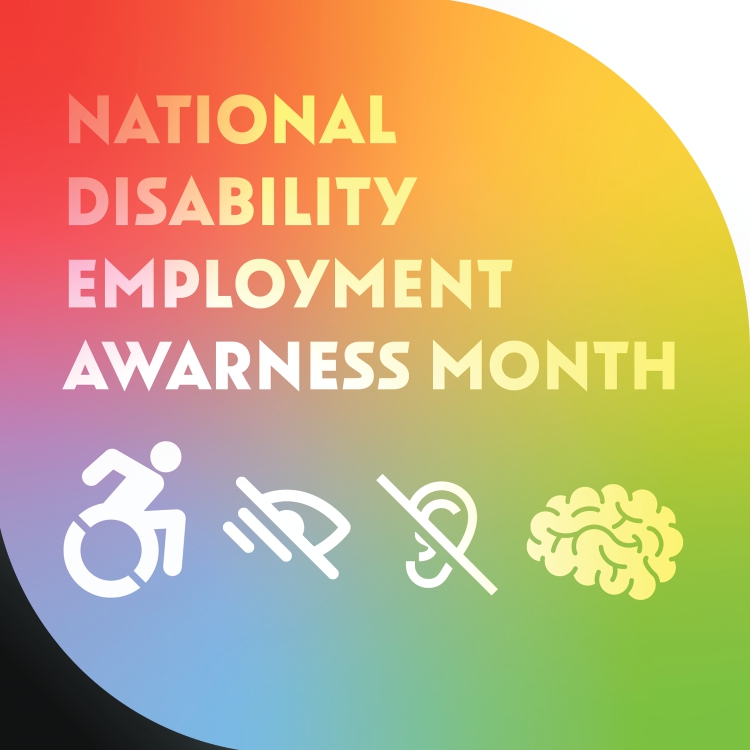Students in Louisiana public schools might have noticed a shift in how their teachers conduct class discussions this academic year.
Louisiana House Bill 122 allows for restriction on conversations of gender and sexuality in public K-12 schools. This bill, similar to legislation in Florida dubbed by critics as the “Don’t Say Gay” bill, went into effect on Aug. 1, 2024. According to law professor Isabel Medina, the bill uses vague language and doesn’t explain what the consequences of violating it may be.
“This bill helps to contribute to a climate of repression and hostility to teachers, school employees, and students who identify or support protection for the LGBTQIA+ community.,” Medina said.
For instance, Medina mentions that students with same-sex parents might feel uncomfortable at school events or discussing their family in class.
Books that contain gender and sexuality can still be discussed in class if the school’s district allows it.
Professor Julia Miller teaches a banned books course at Loyola and has experience teaching middle school English. She said the resulting curriculums will vary by the type of school.
“Schools have different levels of autonomy,” Miller said. “Some teachers can pick the books [for their curriculum]; especially at charter schools. But other schools have much lower levels of autonomy, and so their curriculum might not just control what books are chosen but how the book is taught; that’s what we call scripted curriculums.”
Law professor Maria Pabon said this bill could leave students underprepared for college and the professional world.
“Students who go to schools all their life having never discussed these topics will be shocked to come to a Jesuit school where we care for the whole person, and they will be unprepared for the employment world,” Pabon said.










